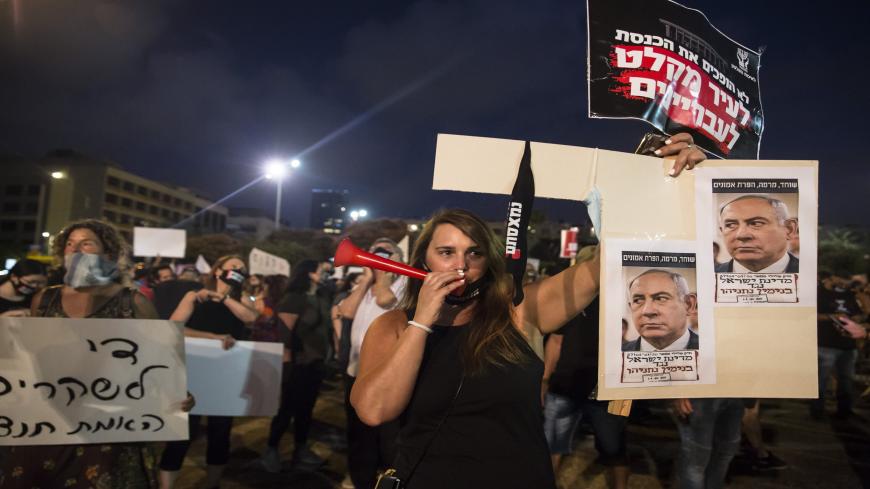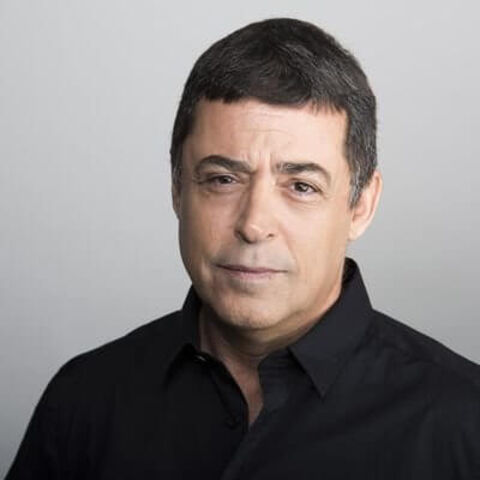Israel has not seen anything like it for decades — thousands of protesters massing across the street from the prime minister’s official residence on Jerusalem’s Balfour Street, trying to breach the heavily fortified compound, and hundreds of police, some mounted, pushing them back. The protesters refusing to give up, standing firm as water canon sprays tried to disperse them. The confrontation lasted for hours, and culminated in the arrest of 50 protesters. Organizers branded the event “Bastille Night,” symbolic in both timing and substance. Not only did it take place on July 14, the date marking the French Revolution, it targeted the continued rule of indicted Prime Minister Benjamin Netanyahu, who for many of the demonstrators is a modern-day incarnation of despot Louis XVI, with his wife Sara cast in the role of “Let them eat cake” Marie Antoinette.
“Bastille Night” did not topple the Netanyahu regime, but Israel’s Bastille shuddered and the aftershocks of the ongoing protest are having a profound effect on Netanyahu and his ability to govern. The day after the protest that deteriorated into a violent expression of public fury at the Netanyahu family and its seemingly profligate lifestyle, the prime minister announced a surprise “gift” of 6 billion Israeli shekels ($1.75 billion) for the citizenry. Each Israeli adult will get 750 shekels ($217) and 500 shekels ($145) for each child, up to a cap of 3,000 shekels ($870) per family.



